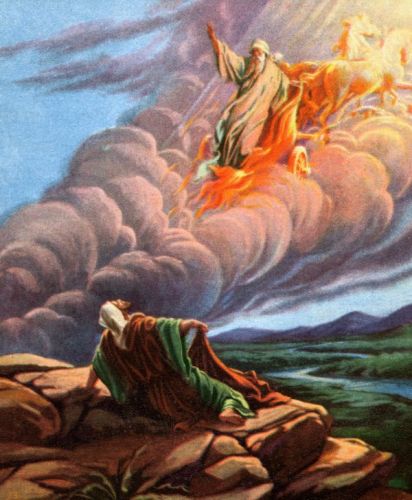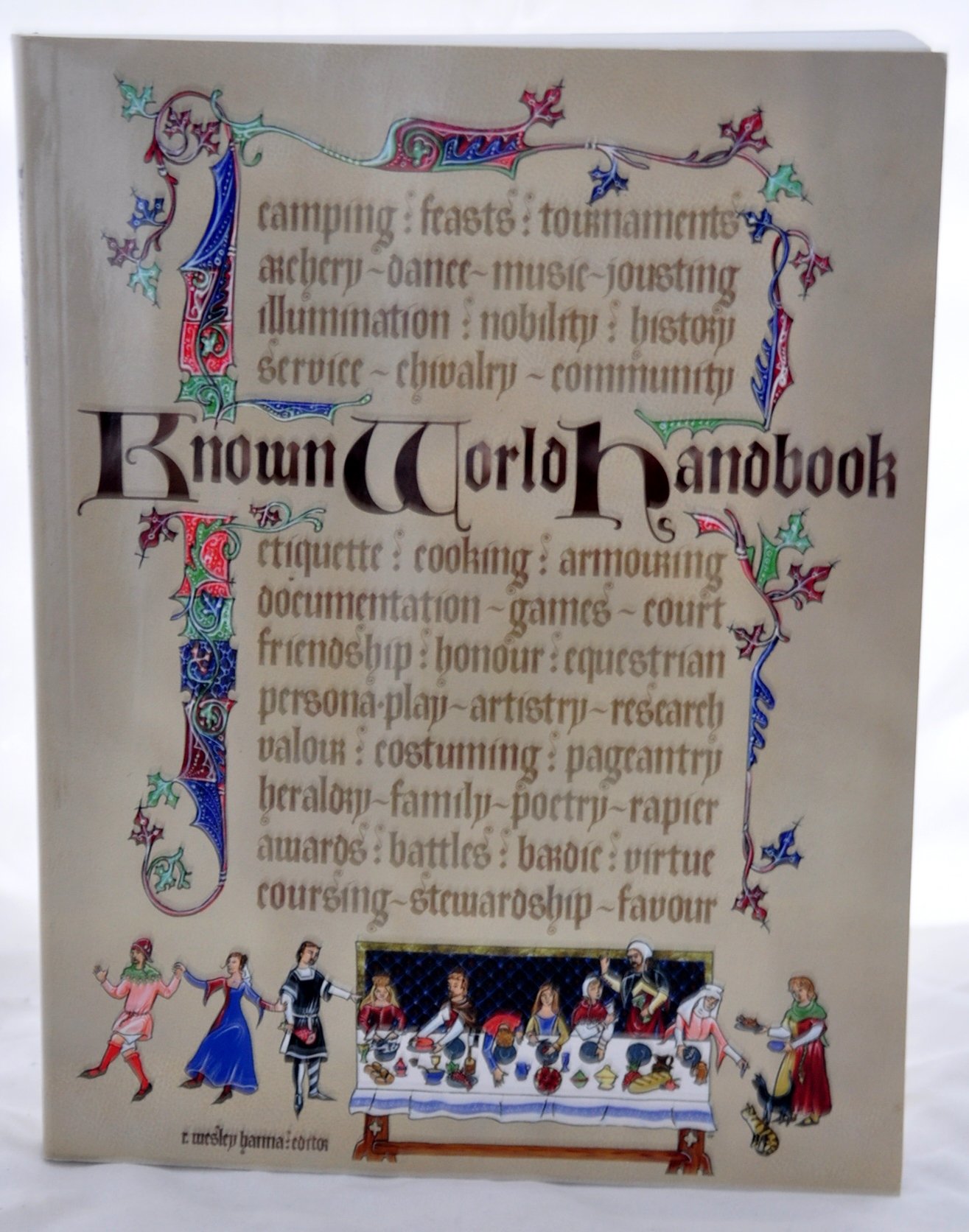Psalm 51, Ash Wednesday B, February 18, 2015
Grace and peace be unto you from God our Father and from our Lord and Savior Jesus Christ, Amen.
This is the day when our sinfulness is most apparent. On this first day of Lent, this worship service seems to hold up a mirror and reflect back to us all of our wrongdoing. No matter how good we are, we need Christ’s forgiveness.
It is on this day most of all when we consider the cruel words that we wish hadn’t escaped our mouths, as well as the kind words that never got out. Today we consider how we could have better spent our time, when we laughed at people struggling in the snow or on the street instead of giving a helping hand.
We have deceived our neighbors for our benefit. We have given in to the corruption around us, especially when we profit from it. When we turn away from our neighbor, we are turning away from God as well.
Psalm 51 has something to say about this. In fact, this psalm has some of the most profound descriptions of our sinfulness, contrasted by God’s divine goodness. According to this psalm, we are rebellious in our transgression. We know what is sinful yet we do it anyway. We were born sinners, doing evil from the beginning. Our lives are dark and miserable because of the poor choices that we make.
But just as cruel as we can be, God is gentle. Our God shares steadfast love with us, true loyalty that we do not deserve. God gives us compassion and tender mercy. God’s word is justice revealed. God is pure, God is truth, God is wisdom. God is greater than we could ever imagine, and God is more kind than we could ever deserve.
So, despite our lack of righteousness and despite our lack of moral sense, God is good to us. God rescues and delivers us from the perils of evil. God cleans us of our sins, but possibly not quite how you imagine. God does not snap his fingers and, Voila! our sins are removed. No, the word here for “wash” does not mean to throw laundry in the machine with a Tide pod.
It instead means to clean by treading, kneading, and beating. Without any soap, the Israelites washed their clothes in this way, by using a wash board to scrub their clothes clean. And with a similar intimate, hands-on process, somehow God makes us purer than snow. God gently but firmly kneads our hearts until they are crushed, breaking our spirits. God does this not to destroy us but to bring us to the point of renewal. Like a phoenix, we arise out of the ashes of our former selves. We are now a new creation in Christ.
If only it were that easy! Even so, we try our best to shout out praises and share our joy with everyone. We cannot contain the profound release experienced with God’s forgiveness! So, we teach God’s ways to each other even as we hope that we can follow what we teach.
It is all too easy to give in to temptation. It is often simpler to sin. It is easy to watch ourselves do wrong and yet not be able to stop. No wonder some of these verses are so famous. As we are heading down the wrong path, we cry out, “Create in me a clean heart, O God, and renew a right spirit within me…”
Throughout this Lent, may you find time to reflect on your need for Christ. Consider how God uses the cross to purge you of your transgression. Then, forgiven and renewed, on Easter morning we may once again shout joyful praises. May it indeed be so. Amen.



















